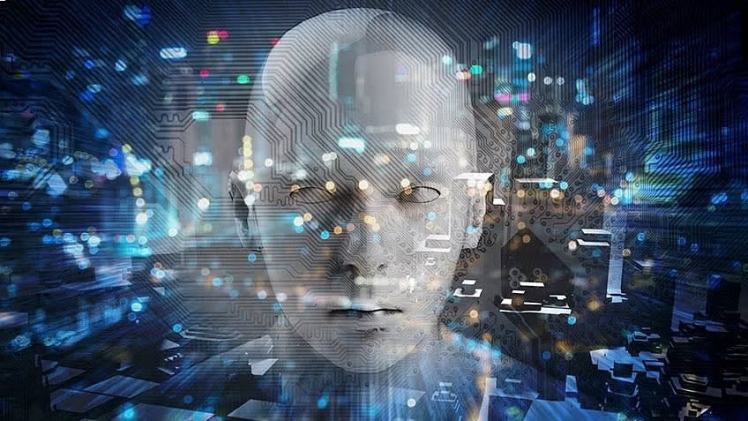Artificial Intelligence (AI) has transcended its role as a technological marvel to become a driving force across major industries, transforming operations, enhancing productivity, and fostering innovation. Let’s explore the diverse and impactful use cases of AI in some of the most prominent sectors:
Healthcare Industry
In healthcare, AI revolutionizes patient care and diagnosis. Machine learning algorithms analyze medical imaging data, aiding in early and accurate detection of diseases like cancer, and assisting radiologists in making more precise diagnoses. AI-powered predictive analytics also forecast potential health risks, enabling proactive interventions and personalized treatment plans.
Financial Services
AI disrupts traditional financial services by optimizing processes and enhancing customer experiences. From fraud detection in transactions to risk assessment and portfolio management, AI-powered algorithms swiftly identify anomalies and mitigate risks. Chatbots and virtual assistants powered by AI enhance customer service, providing personalized recommendations and streamlining interactions.
Manufacturing
In manufacturing, AI-driven automation and predictive maintenance optimize production lines. Predictive analytics forecast equipment failures, enabling proactive maintenance, reducing downtime, and optimizing resource allocation. Robotics and AI-powered vision systems enhance precision in assembly lines, ensuring quality control and efficiency.
Retail and E-commerce
AI transforms the retail landscape by personalizing customer experiences. Recommendation engines powered by AI analyze customer behavior, suggesting tailored products and enhancing engagement. AI-driven demand forecasting and inventory management minimize stockouts, optimize pricing strategies, and streamline supply chain operations.
Transportation and Logistics
In transportation and logistics, AI optimizes route planning, fleet management, and predictive maintenance. AI algorithms analyze traffic patterns, weather forecasts, and historical data to optimize logistics operations, reducing delivery times and costs. Autonomous vehicles powered by AI promise to revolutionize transportation further.
Telecommunications
AI enhances network management and customer service in the telecommunications industry. Predictive analytics and AI-driven algorithms detect network anomalies, ensuring smoother operations and better connectivity. AI-powered chatbots and virtual assistants enhance customer support, addressing queries and issues promptly.
Energy and Utilities
AI’s applications in energy and utilities optimize resource allocation and enhance sustainability. Predictive maintenance of equipment ensures efficient operations, while AI-driven analytics optimize energy distribution and consumption, promoting renewable energy adoption and reducing waste.
Agriculture
AI’s integration in agriculture aids in precision farming, leveraging data analytics and sensors to optimize crop management. AI-powered systems analyze soil health, weather patterns, and crop conditions, providing farmers with insights to maximize yields while minimizing resource usage.
Entertainment and Media
In AI in entertainment and media, AI personalizes content recommendations for users, improving engagement. Content creation tools powered by AI automate tasks like editing, enhancing efficiency, and enabling innovative storytelling techniques.
Challenges and Opportunities
While AI offers immense potential, challenges include ethical considerations, data privacy concerns, and the need for AI talent. However, these challenges present opportunities for innovation, driving the evolution of AI solutions to address these concerns.
Conclusion
AI’s widespread adoption across industries signifies its transformative impact on businesses and society at large. As technology continues to advance, AI’s capabilities will expand, driving further innovation and reshaping the landscape of various industries, ultimately ushering in a new era of efficiency, personalization, and progress.

